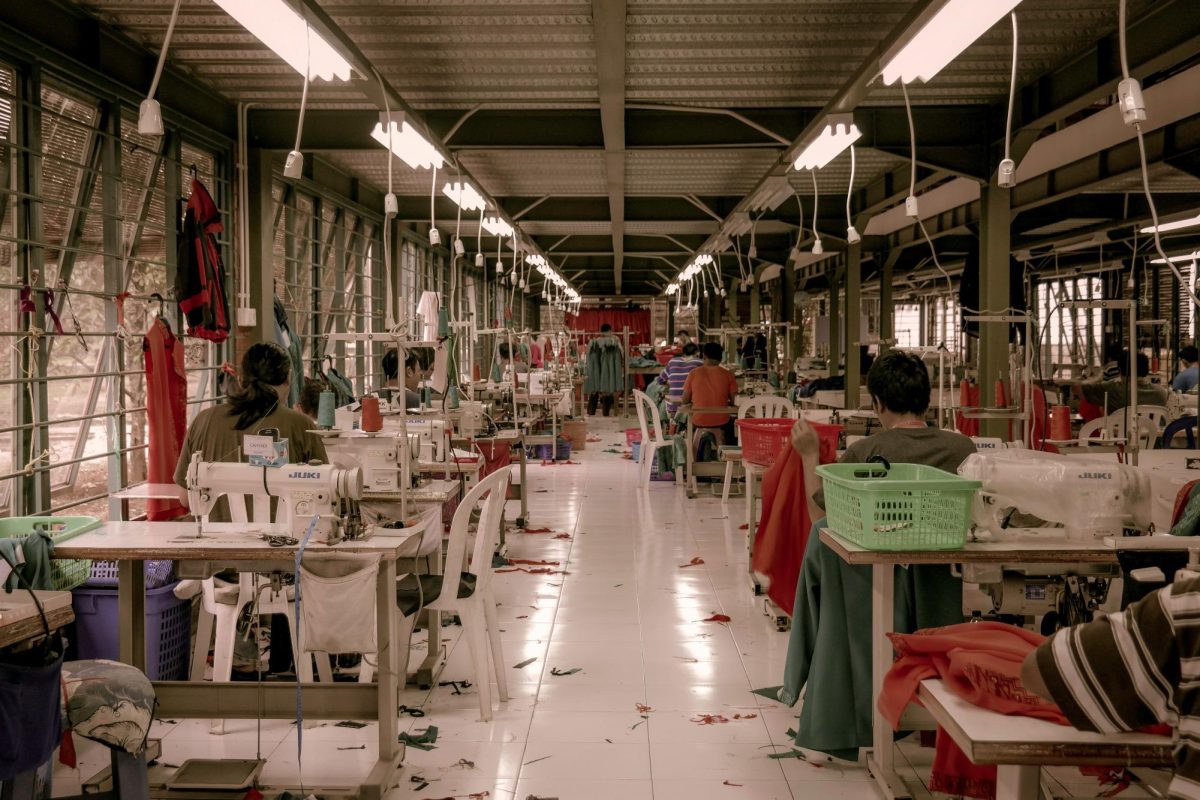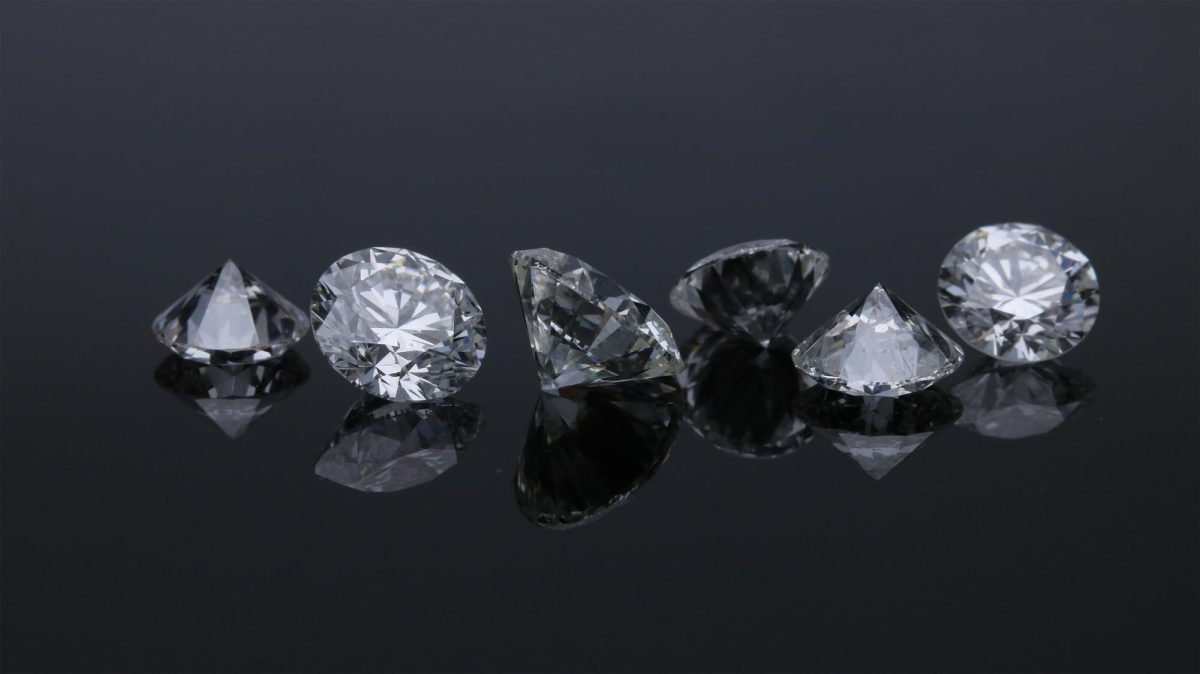This article was originally published on We Are, The Student Media Site of William Clarke College, Sydney, Australia, and it is republished here with permission as part of Teen Scene, Inc.’s international student voice partnership.
A lot of the clothing we own is a product of ‘fast fashion’, a fairly recent concept revolving around capturing clothing trends quickly and relatively cheaply. Brands that utilise the fast fashion philosophy include Uniqlo, H&M, Nike, Gap, and the largest offender, Shein. Whilst beneficial for the consumer and company, fast fashion has dire impacts on many aspects of our world that I feel are important to highlight, including the violation of human rights and the widespread pollution of our planet. Due to their ease of access and relatively low cost, fast fashion continues to grow, and their unethical practices are ignored by the general public because of the convenience of these brands. Much of this can be boiled down to ‘plausible deniability’, which describes the ability to deny knowledge or responsibility for something occurring. This phenomenon is most closely observed when looking at Shein and their business practices, which are largely ignored by the public due to their shockingly low prices, with some clothing items costing between $5 and $30.
Before addressing the multi-billion-dollar corporation in the room, however, I feel some expository statistics are required to emphasise how damaging fast fashion is as a whole. The fashion industry is responsible for producing 10% of the world’s annual carbon footprint and is the third most polluting industry. It’s also the second largest industry in terms of water consumption, requiring an estimated 93 billion cubic metres per year due to the dyeing and treatment of textiles. Statistics like these highlight how damaging the fast fashion market is to the environment, and one of its largest contributors is, of course, Shein.
Shein’s aggressive business model means that they release around 7,000 new products per day—no, that is not a typo. To compound this, their parent company, Zoetop, produced 1.2 million articles of clothing each day as of 2023. It’s because of these harrowing numbers that Shein produces 6.2 million tonnes of carbon emissions each year, which is more than double that of the iconic and infamously unsustainable brand, Nike. Another controversy in which many fast fashion brands have been embroiled is the incredibly inhumane working conditions that their employees are subjected to.
Shein is no different—in fact, they’re possibly worse. An investigation conducted by Public Eye found that employees at Shein’s suppliers often work over 75-hour weeks, 15 hours more than what is stated by Shein themselves. Some workers were also found to be working 18-hour days, with only one day off per month. It’s their extortionate business practices, using factories that do not meet ethical standards, that allow them to dramatically reduce costs at the expense of the environment and worker safety.
While this is not uncommon for multi-billion-dollar companies (as sad as that is), it’s especially prevalent within Shein, who have gone to absolute extremes to keep costs as low as possible.
To add to Shein’s endless scandals, they have been caught stealing designs from independent designers. There have been numerous instances of Shein blatantly stealing clothing designs from others, then making them with cheaper materials to sell at far lower prices. Ethically Dressed has a list of 41 businesses from which Shein has stolen, and many more personal accounts can be found online of people whose clothing designs have been illegally taken for Shein to sell.
Despite all this, they continue to profit due to the general consumer’s apathy towards these issues. For most, the suspiciously low prices are too tantalising to avoid, and so people choose to ignore the heinous business practices of Shein (and many other fast fashion companies) in order to buy cheap clothes. Many will claim to be unaware of how Shein operates as a company; however, the information about them is incredibly public and well-documented. While some may genuinely not know about the stealing of designs, exploitation of workers, and immense pollution of the environment, most choose to turn a blind eye for the sake of saving money. It’s this consumer plausible deniability of these practices that is incredibly upsetting to me, as people are actively choosing to support a business that is damaging so many aspects of our world. While I understand the need for many to save money, there are other ways to do so that are far more sustainable, such as thrifting.
Even if you can’t abandon stores like Nike and Uniqlo, refraining from purchasing from Shein is still a significant step. The more people who decide to stop shopping at Shein, the more they’ll be forced to reconsider how they treat their employees and how their products are made. Fast fashion companies need to be held accountable for the damage they are doing to numerous aspects of our world, and I hope this article has enlightened you on their impacts.



















